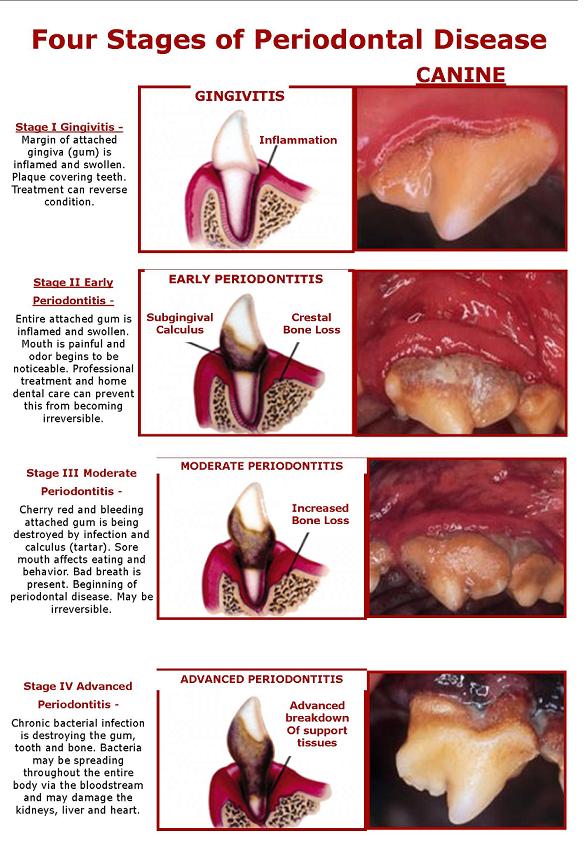Dental Care

Signs of oral and dental diseases in dogs and cats:
- Bad breath
- Loose teeth or teeth that are discolored or covered in tartar
- Your pet shies away from you when you touch the mouth area
- Drooling or dropping food from the mouth
- Bleeding from the mouth
- Loss of appetite or loss of weight (this combination can result from diseases of many organs, and early veterinary examination is important)
Regular professional cleaning is important to maintaining your pet's teeth. Linderman Animal Hospital uses modern and safe ultrasonic scaling to clean each tooth thoroughly. Dental health is important above and below the gum line and will affect you pets’ overall health. Studies have shown that dental tartar can have a direct negative (and sometimes permanent) impact on the heart, liver, and kidneys.
Anesthesia is essential for veterinary dental procedures, to ensure that the procedure can be completed successfully. Fear of general anesthesia is a natural concern voiced by many owners when a dental procedure is recommended. However, the risk of chronic oral infection, for example, is far greater than the risk of an anesthetic complication.
Dental technicians use an ultrasonic scaler to remove cement-like plaque from the teeth, curette to remove tartar below the gumline, polish teeth to create a smooth tooth surface more resistant to plaque buildup, and apply fluoride treatments help strengthen enamel and reduce tooth sensitivity.
Advanced dental care is available for pets (including root canals, caps, bonding and more) for which we refer to a certified veterinary dentist.
For the best and most effective dental care treats, look for the Veterinary Oral Health Council seal of approval on the label!
For more information, see the American Veterinary Dental College site http://www.avdc.org/ownersinfo.html.
